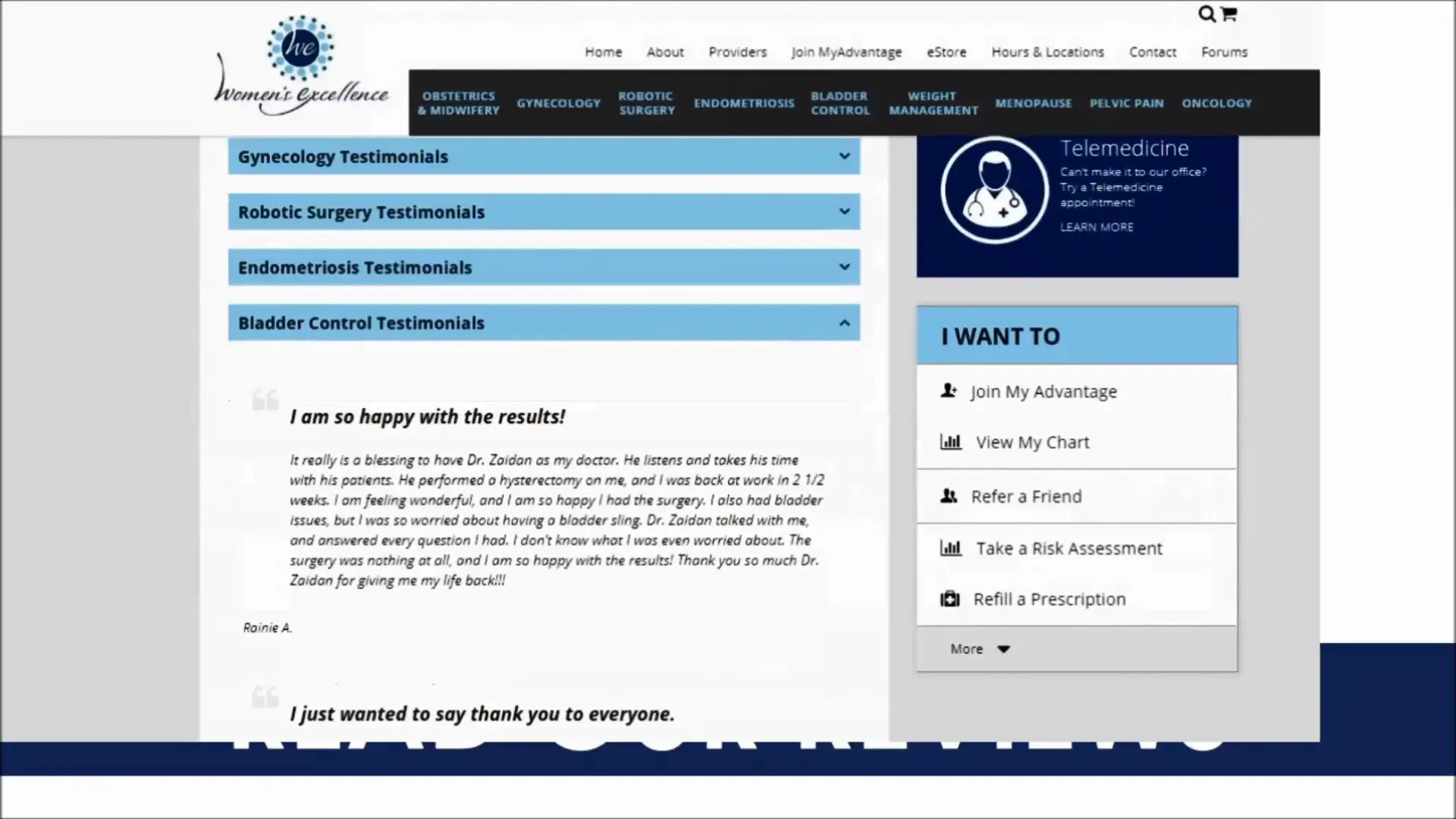Throughout your entire pregnancy, you have focused on the excitement of becoming a mother and on your baby growing inside of you. Most women never expect that postpartum depression will rear its ugly head, but it is possible.
The excitement of choosing the name, imagining how labor will happen, and what your baby will look like has consumed your thoughts and dreams. Imagining your little one in your arms for the first time and anticipating what they will feel like, look like, and their new baby smell. Thinking about rocking, feeding, and snuggling baby stirs an incredible amount of excitement for you.
Suddenly this all comes to an abrupt halt when baby arrives and you feel empty, tired, stressed, and sad.
These feelings leave many women feeling horribly guilty. New mothers struggle with the fact that society tells them they should be nothing but happy and elated to experience motherhood with their new baby. Many moms feel confused and question what is wrong with them. In addition to this, most mothers won’t share how they are feeling inside because they are concerned that those around them will question their stability as a mother.
These “down” feelings are more common than many new mothers that have just given birth are aware of.
They are called the “baby blues”. These feelings are actually very common in moms who have just given birth, and also a common feeling during pregnancy.
Read more about the blues and depression, and how to tell the difference. Help is available. Be open and honest about how you are feeling so that we can help you feel better. There is no reason to suffer alone.
It is common to feel down or moody during the first few weeks after giving birth. Up to 70% of women feel this way.
This is often called postpartum blues.
The postpartum blues are thought to be due to a combination of things: hormonal changes, sleep deprivation, taking on a new role as a mother, the home environment, and inadequate social support.
Most often the blues start a few days after birth and resolve by two weeks.
Women with postpartum blues may feel sad, teary or weepy, restless, angry or irritable, moody, distant, or even have negative feelings towards the infant and family.
Women need solid, consistent help and support from friends and family during the blues. Rest is very important, and women need to hear that the blues are common and normal. Letting her know she is doing a good job will also help!
Postpartum depression can occur in the first few months after giving birth and may not start right after giving birth.
Like the postpartum blues, it causes sadness.
This sadness or irritability is more severe than in postpartum blues.
About 10 to 20 percent of women develop postpartum depression, and many of them do not seek help for it.
The following page lists characteristics of postpartum depression. If you have any, please call your midwife or healthcare provider right away:
- Sadness, crying
- Nervousness
- Feeling hopeless, helpless, or restless
- Irritability, feeling negative
- Feeling guilty or worthless
- Feeling tired
- Loss of interest in doing things, talking with others, or having sex
- Changes in appetite and sleep
- Difficulties thinking and concentrating
- Body aches, headaches, stomach aches
- Thoughts of hurting yourself or your baby
Before you are discharged home from the hospital, you will be given a questionnaire that asks questions about how you have been feeling within the last week. Try to answer these questions as honestly as possible. Experiencing postpartum blues or depression is more common than many women know. Help is available. There is no need to suffer. Talk to your midwives, they have the resources available to help.
If you notice any signs of postpartum depression that goes beyond the normal baby blues, be sure to seek help. Contact Women’s Excellence to make an appointment to address any postpartum concerns you have.







